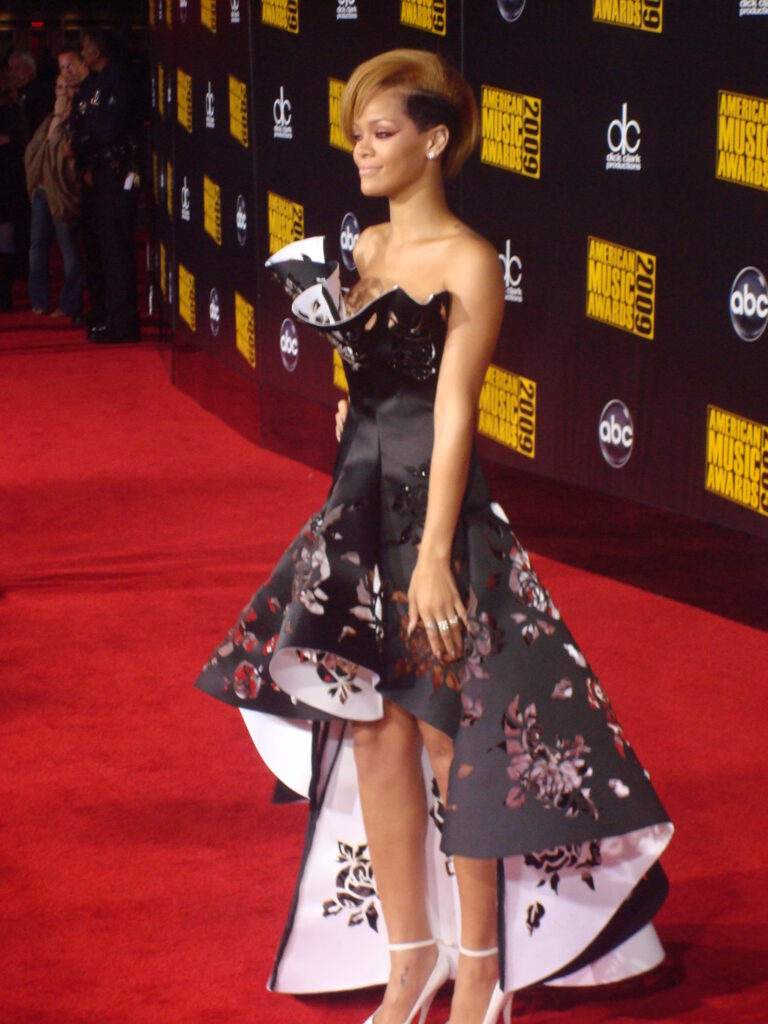
The glossy pages of our favorite magazines promise a world of aspirational beauty, showcasing celebrities who appear utterly flawless, seemingly untouched by the imperfections of everyday life. This quest for perfection, however, often comes at a hidden cost, fueled by sophisticated digital manipulation that transforms reality into an idealized, and often unattainable, vision. While most of us instinctively know that these images undergo some form of retouching, the sheer extent and specific techniques employed often remain a mystery, leaving us to wonder just how much of what we see is real and how much is meticulously crafted illusion.
Thankfully, the veil is slowly being lifted, not just by eagle-eyed observers, but by technology itself. Groundbreaking advancements in artificial intelligence are now providing unprecedented insight into the subtle, yet powerful, alterations made to celebrity images. Researchers, in collaboration with Adobe Research and UC Berkeley, have developed an AI-powered tool known as the FAL Detector, specifically trained to identify and even attempt to reverse the use of Photoshop’s Face-Aware Liquify (FAL) tool. This powerful feature, often used for manipulating facial features like slimming jaws or adjusting chins, leaves a digital fingerprint that the AI can detect, producing a “heat map” to reveal the intensity of the manipulation. When tested on close-up images of beauty icons like Jennifer Aniston and Angelina Jolie, the FAL Detector revealed clear use of the tool in 50% of the samples, frequently altering features such as their jaws and chins.
This growing transparency, whether through AI’s unmasking capabilities or the brave voices of celebrities themselves, is sparking a crucial conversation about media literacy, body image, and the ethics of digital enhancement. As new tools for photo and video manipulation emerge constantly, the need for understanding the motives and goals behind these alterations becomes increasingly vital. In this in-depth exploration, we’ll delve into some of the most prominent instances where the pursuit of ‘flawless’ imagery went too far, and how influential figures courageously stepped forward to challenge these unrealistic portrayals, fostering a much-needed dialogue about self-acceptance and authentic representation in a visually-driven world.
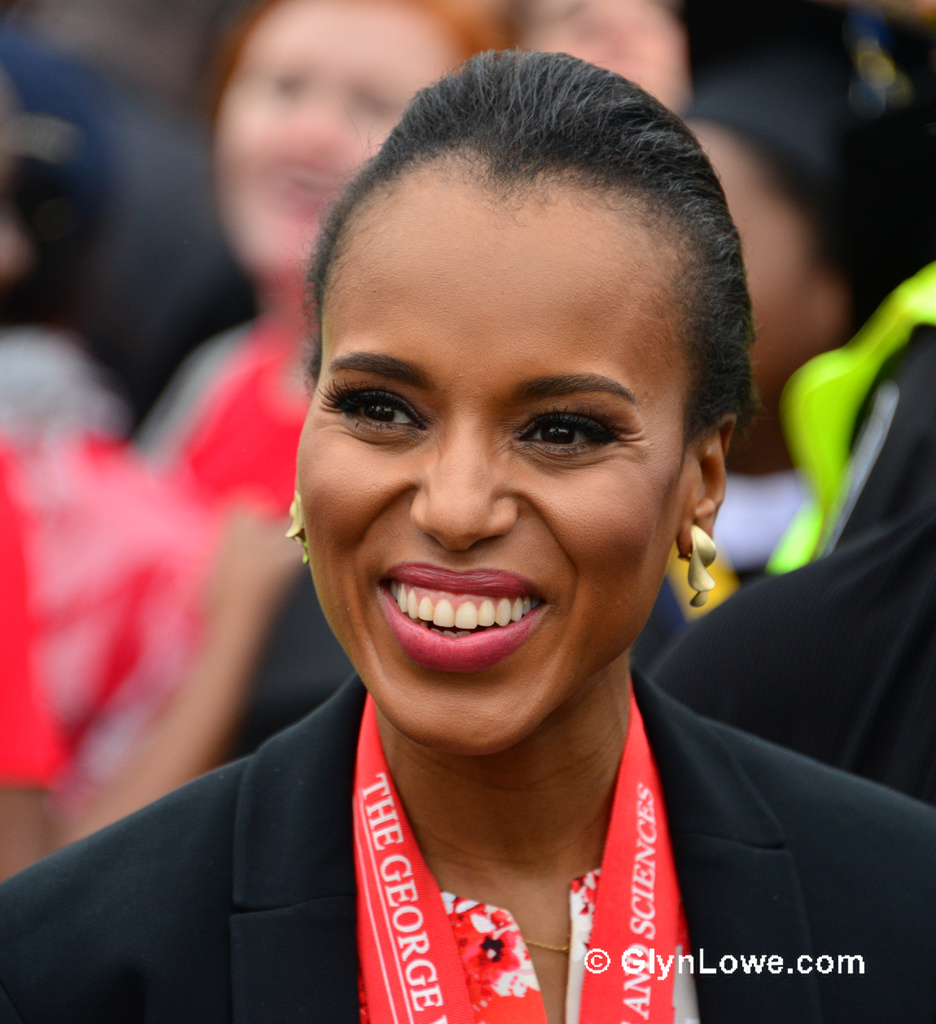
1. **Kerry Washington (Adweek)**In a candid display of modern celebrity communication, actress Kerry Washington took to Instagram to express her profound disappointment regarding her cover for AdWeek magazine. Known for her thoughtful engagement with the media, Washington, who had long admired and followed AdWeek, found herself “taken aback by the cover” despite being “excited and thrilled” to grace its pages. Her public statement highlighted the pervasive nature of photo editing, noting, “You know me. I’m not one to be quiet about a magazine cover. I always celebrate it when a respected publication invites me to grace their pages.”
Washington’s weariness was palpable as she reflected on the experience, stating, “Look, I’m no stranger to Photoshopping. It happens a lot.” This acknowledgement speaks volumes about the routine alterations celebrities endure. However, the AdWeek cover pushed past her personal comfort zone, prompting her to confess, “Yesterday, however, I just felt weary. It felt strange to look at a picture of myself that is so different from what I look like when I look in the mirror. It’s an unfortunate feeling.” Her words resonated deeply with many, underscoring the personal disconnect that can arise when one’s public image diverges dramatically from their authentic self.
Despite her discomfort with the visual presentation, Washington maintained her pride in the accompanying article and “some of the inside images.” This nuanced response demonstrated her commitment to the content while firmly advocating for a more realistic portrayal of her physical appearance. Her post quickly garnered public attention, sparking discussions about editorial choices, the ethics of extensive retouching, and the mental toll such manipulations can take on individuals constantly under public scrutiny. It was a powerful reminder that even seasoned celebrities can be surprised and disheartened by the final, altered versions of their own likeness.

2. **Kerry Washington (InStyle)**The AdWeek incident was not Kerry Washington’s first encounter with controversial photo manipulation; just a year prior, her March 2015 cover for InStyle magazine ignited a wave of public backlash. The contention centered on allegations that her skin tone had been visibly lightened, prompting widespread criticism across social media and various online platforms. This earlier instance highlighted a deeply sensitive issue within beauty and media representation, where concerns about racial bias in photo editing frequently arise.
InStyle magazine quickly addressed the controversy, issuing a public response on their website. The publication acknowledged the “disappointment and hurt” caused by the cover, stating, “We have heard from those who have spoken out about our newsstand cover photograph, concerned that Kerry’s skin tone was lightened.” While the magazine explicitly denied digitally lightening her skin tone, they conceded that “our cover lighting has likely contributed to this concern.” This explanation, while attempting to clarify their editorial process, also underscored the critical importance of lighting choices in photography and their potential impact on perception.
Washington herself, known for her measured and impactful responses, also addressed the InStyle cover on Twitter. Her engagement with the issue further amplified the dialogue, demonstrating her commitment to holding publications accountable for their portrayals. Both instances involving Kerry Washington serve as significant examples of how celebrities, particularly women of color, are increasingly challenging media norms and advocating for authentic representation, pushing back against editorial decisions that alter their natural appearance for the sake of an often narrow and exclusive ideal of beauty.
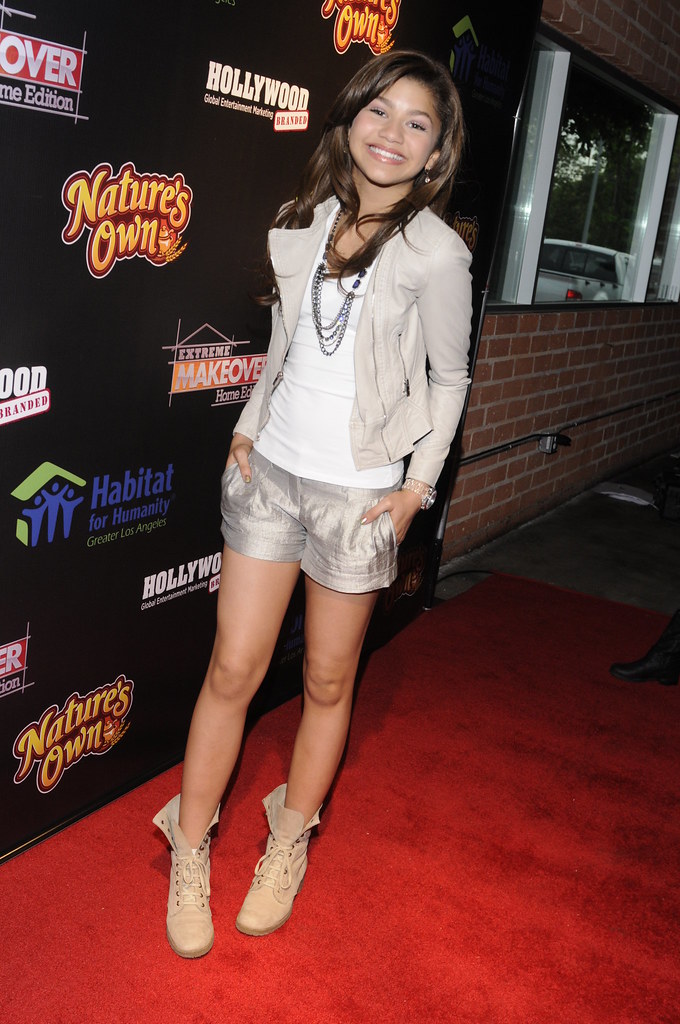
3. **Zendaya**Actress and fashion icon Zendaya powerfully demonstrated her commitment to “honest and pure self love” when she publicly called out Modeliste magazine in November 2015 for heavily Photoshopping her image. Upon seeing a photo of herself in the publication, she immediately noticed the significant alterations and chose to share a side-by-side comparison of the original and retouched photos with her massive Instagram following. This direct and unfiltered approach made it unequivocally clear just how drastically her natural physique had been altered.
Zendaya’s impassioned caption articulated the detrimental impact of such manipulations, stating that “these are the things that make women self conscious, that create the unrealistic ideals of beauty that we have.” Her words cut to the core of the issue, highlighting how pervasive photo editing contributes to a toxic environment where unattainable beauty standards are perpetually reinforced. By juxtaposing her authentic self with the digitally enhanced version, she visually demonstrated the extent of the distortion, offering a powerful lesson in media literacy to her young and impressionable audience.
The magazine, Modeliste, responded positively to Zendaya’s public stand, demonstrating a rare willingness to acknowledge and correct their error. They released a “Thank You” letter to Zendaya for raising the issue of retouching and, significantly, released the un-edited photos. Zendaya later confirmed the positive outcome, noting that the magazine “pulled down the images and fixing this retouch issue.” This interaction stands as a compelling example of a celebrity’s influence leading to tangible change, proving that collective pressure and a strong stance can indeed inspire publications to reconsider their editorial practices and prioritize authenticity.
Read more about: Unpacking the Paychecks: Who Are TV’s Top 9 Earners in 2025 (And What Drives Their Staggering Salaries)?

4. **Lorde**New Zealand singer-songwriter Lorde, celebrated for her distinctive artistic vision and uncompromising authenticity, has consistently used her platform to challenge unrealistic beauty standards in the media. In May 2014, she fearlessly called out Canadian publication Fashion magazine for altering an image of her on their cover, specifically pointing out that her nose had been Photoshopped. Her direct engagement on Twitter to highlight this manipulation underscored her belief that “flaws are ok” and that artists should be represented as they truly are.
This was not an isolated incident for the “Royals” singer, as she had previously expressed her disappointment with concert photographers for over-zealous airbrushing of her skin. In an earlier tweet, she once again reinforced her philosophy, advocating for the acceptance of natural appearance over digitally manufactured perfection. Lorde’s consistent stance against excessive editing positions her as a vocal advocate for body positivity and a powerful voice challenging the industry’s default to retouching.
Lorde’s actions reflect a broader movement among artists to reclaim their images and promote a more genuine representation of beauty. By openly discussing and critiquing the alterations made to her photographs, she empowers her fans and other public figures to question the polished, often artificial, images presented in mainstream media. Her unwavering commitment to showcasing her authentic self serves as an inspiration, reminding us all that true beauty lies in embracing imperfections, not erasing them through digital tools.
Read more about: Unbelievable: 14 Hollywood Legends Who Shop Smart and Rock Thrift Store Finds

5. **Kate Winslet (GQ)**The year 2003 saw a now-infamous instance of celebrity pushback when Academy Award-winning actress Kate Winslet covered the February issue of British GQ magazine. Both Winslet and the public quickly recognized that the cover shot had been subjected to an extreme degree of retouching, drawing immediate and widespread criticism. Winslet, a long-standing advocate for natural body image, wasted no time in publicly addressing the egregious alterations, making her stance unequivocally clear.
According to reports, Kate Winslet had tangible proof of the manipulation, revealing, “I actually have a Polaroid that the photographer gave me on the day of the shoot… I can tell you they’ve reduced the size of my legs by about a third.” This direct comparison not only highlighted the extent of the digital slimming but also provided concrete evidence of how dramatically her natural physique had been altered. Her comments brought into sharp focus the often-invisible labor of photo editors and the extreme lengths to which publications go to achieve an idealized body type.
Winslet further emphasized her personal comfort with her body, stating, “I’m completely physically comfortable with who I am,” and expressed her opinion that “for my money it looks pretty good the way it was taken.” Her eloquent and unyielding message reinforced her public persona as someone who champions authenticity and body confidence. This incident became a landmark case in the ongoing debate about digital manipulation, with Winslet becoming a prominent voice challenging the industry’s role in perpetuating unrealistic beauty standards and underscoring the importance of self-acceptance.

6. **Ashley Benson**Actress Ashley Benson, known for her role in *Pretty Little Liars*, took to Instagram in 2013 to call out the excessive Photoshopping applied to a promotional photo for the fourth season of her show. The image, which she discovered “floating around,” featured her and her co-stars with faces that appeared significantly altered, prompting her candid reaction. Benson’s post highlighted the alarming trend of publications not only retouching images but sometimes even using outdated photos that no longer accurately represent the individuals.
In her frank Instagram caption, Benson wrote, “Saw this floating around….hope it’s not the poster. Our faces in this were from 4 years ago…..and we all look ridiculous. Way too much photo shop. We all have flaws. No one looks like this. It’s not attractive 🙈🙈” Her words powerfully articulated the sentiment of many who feel that digital enhancements strip away individuality and create an artificial, unappealing aesthetic. She emphasized the importance of acknowledging natural imperfections, a refreshing stance in an industry often obsessed with presenting a flawless facade.
Despite her public plea and clear discomfort, the photo was ultimately released as the official key art for the fourth season of the drama, and ABC Family, the network, never responded publicly to the incident. This lack of response underscored the pervasive nature of these practices within promotional materials and the challenges celebrities face in controlling their own visual representation. Ashley Benson’s courage to speak out, however, served as an important moment, revealing the disconnect between the creators of these images and the genuine desire for authenticity from both the public and the stars themselves.
Read more about: From Broadway to Box Office: An In-Depth Look at John Huston’s Ambitious 1982 Film Adaptation of ‘Annie’

7. **Troian Bellisario**After her *Pretty Little Liars* co-star Ashley Benson voiced her concerns about the heavily Photoshopped promotional photo for their show, actress Troian Bellisario quickly echoed the sentiment. Her reaction wasn’t just agreement; it was a deeper dive into the pervasive nature of digital alteration within the industry. She immediately identified with the feeling of unrecognizability, questioning why publications felt the need to drastically change their appearances.
Bellisario didn’t stop there. A few months later, she directly challenged GQ magazine for their extensive retouching of another photoshoot featuring herself and the rest of the *Pretty Little Liars* cast. On Instagram, she articulated a crucial point, stating, “So by now you have seen many a shot from #GQ and many people have said that we were photoshopped… OF COURSE WE WERE!” This candid acknowledgement was groundbreaking, demystifying the illusion for her wide audience.
Her intention wasn’t to condemn all photo manipulation outright, but rather to highlight the necessity of transparency. She explained, “That’s a very specific type of photo shoot. And looking very blown out and perfected was obviously what they were looking for. Great. Cool. As long as we acknowledge how it was achieved so we know it’s not real.” Bellisario’s powerful message underscored the importance of media literacy, empowering fans to understand the difference between artistic vision and unrealistic portrayals, fostering a healthier perspective on body image.
Read more about: Why Charlie Hunnam Already Feels Married to Morgana McNelis: Unpacking Their Nearly Two-Decade Journey of Love, Privacy, and Unwavering Commitment

8. **Lady Gaga (Glamour)**When Lady Gaga graced the December 2013 cover of Glamour magazine and was honored at their annual Women of the Year Awards, she seized the spotlight not just for her achievements, but to advocate for a profound shift in media representation. With her signature blend of artistry and activism, Gaga used her acceptance speech as an unexpected yet powerful platform to critique the very industry celebrating her.
During her speech, she candidly expressed her discomfort with the retouched image that adorned the Glamour cover. “I felt my skin looked too perfect, I felt my hair looked too soft,” she revealed, exposing the artificiality behind the glossy facade. Her poignant declaration, “I do not look like this when I wake up in the morning,” resonated deeply, serving as a powerful reminder of the stark contrast between carefully constructed celebrity images and everyday reality.
Gaga’s critique was not just personal; it was a call to action. She challenged the magazine industry directly, proclaiming, “What I want to see is the change on your covers. When the covers change, that’s when culture changes.” Her words illuminated the profound impact of visual media on societal beauty standards, urging for more authentic portrayals that would, in turn, promote self-acceptance and realistic ideals for women everywhere. Glamour’s editor-in-chief, Cindi Leive, acknowledged Gaga’s broader point about diversity and cover-worthiness, recognizing the star’s willingness to challenge established norms as a key reason for her honor.
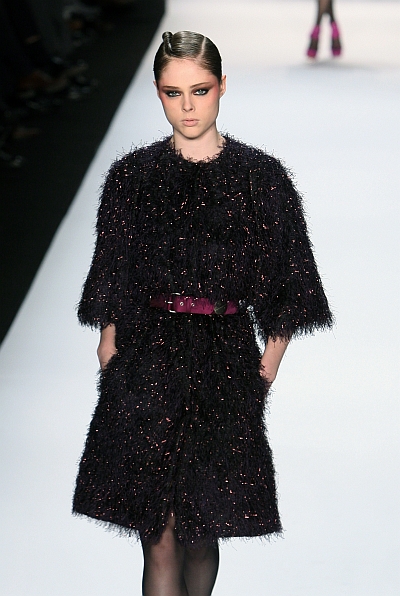
9. **Coco Rocha (Elle Brazil)**Supermodel Coco Rocha, a prominent figure known for her strong principles, took to Tumblr to express her profound disappointment and anger with Elle Brazil after a cover shoot for the magazine. Her frustration stemmed from a blatant breach of contract and a violation of her long-standing policy against nudity or partial nudity in her photoshoots. This incident brought to light the often-hidden power dynamics at play between models and publications, even for established professionals.
Rocha had meticulously ensured she wore a bodysuit under a sheer dress during the Elle Brazil cover shoot, taking proactive steps to maintain her personal boundaries. However, she later discovered that the bodysuit had been digitally erased through Photoshop, creating the deceptive impression that she was showing significantly more skin than she was comfortable with. This deliberate alteration was not just an editorial choice; it was a direct contravention of her explicit verbal and written instructions.
Her public statement conveyed a clear message about artistic integrity and the rights of models. “I’m extremely disappointed that my wishes and contract were ignored. I strongly believe every model has a right to set rules for how she is portrayed and for me these rules were clearly circumvented,” she wrote. Coco Rocha’s courageous stand underscored the critical importance of consent and respect for an individual’s image, advocating for greater accountability within the fashion industry and empowering other models to uphold their personal and professional boundaries.
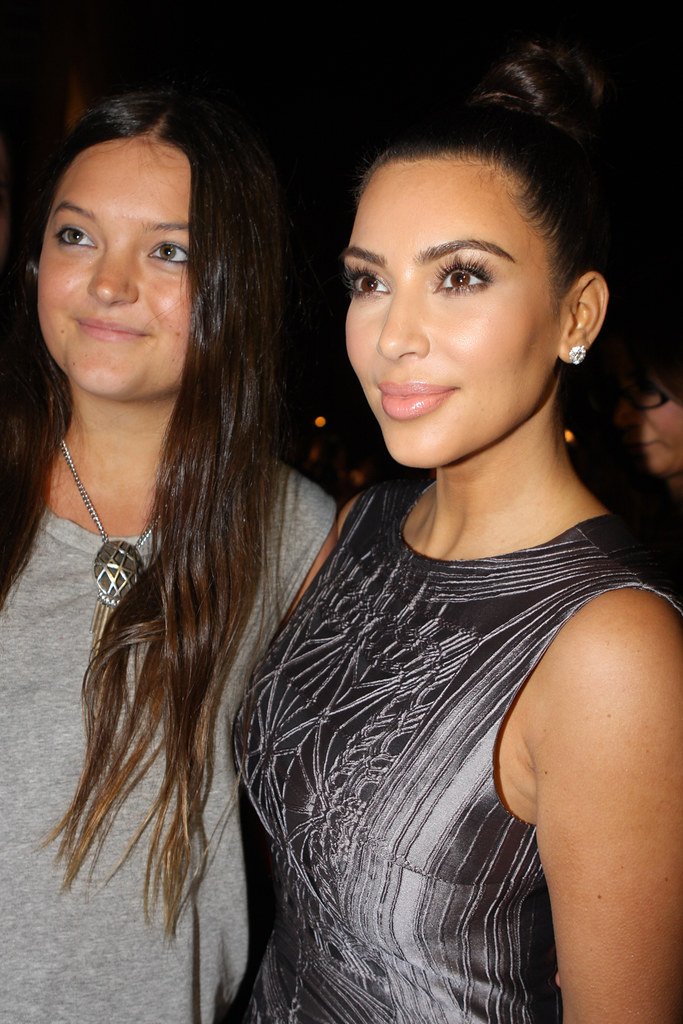
10. **Kim Kardashian (Complex.com)**In March 2009, the digital landscape buzzed with an unintentional reveal that would forever change the narrative around celebrity “perfection.” An un-retouched photo of Kim Kardashian from a Complex magazine shoot inadvertently appeared on the publication’s website, only to be swiftly replaced by its meticulously Photoshopped counterpart. The brief glimpse of reality ignited a flurry of online comparisons and discussions, highlighting the stark contrast between unadulterated images and the industry’s polished output.
Rather than shying away from the controversy, Kim Kardashian, with her characteristic transparency, embraced the moment as an opportunity for genuine connection. She took to her personal website to address the “oopsie,” posting the side-by-side images herself. Her caption was a refreshing dose of reality: “So what? I have a little cellulite, what curvy girl doesn’t? How many people do you think are Photoshopped? It happens all the time!” Her honesty resonated widely, normalizing what many women experience and challenging the manufactured ideals of flawlessness.
Kardashian’s message went beyond acknowledging a common industry practice; it was an empowering declaration of self-acceptance. She proudly stated, “I’m proud of my body and my curves, and this picture coming out is probably helpful for everyone to see that just because I am on the cover of a magazine doesn’t mean I’m perfect.” This moment was a significant milestone, transforming a potential PR crisis into a powerful statement about body positivity, inviting her massive following to embrace their own natural beauty and question the unrealistic standards propagated by media.

11. **Jennifer Lawrence (Dior)**Jennifer Lawrence, the beloved Oscar-winning actress, became one of the many esteemed faces of Dior in 2013, joining an exclusive roster of celebrities endorsing the iconic fashion house. As is often the norm within the high-stakes world of luxury fashion campaigns, the initial promotional images for her collaboration with Dior were met with both admiration for their artistry and a keen awareness among the public of significant digital enhancements.
When presented with her first campaign images by Access Hollywood, Lawrence’s reaction was refreshingly candid and laced with her characteristic humor. “Oh my god, I haven’t seen this. That doesn’t look like me at all. I love Photoshop more than anything in the world. Of course it’s Photoshop, people don’t look like that,” she exclaimed, immediately acknowledging the extent of the retouching.
While delivered with a laugh, Lawrence’s statement underscored a crucial truth about the fashion industry’s relentless pursuit of an unattainable perfection. Her willingness to openly admit that the images were heavily altered, and to point out that real people simply “don’t look like that,” served as a powerful, albeit humorous, educational moment. It effectively dismantled the illusion, empowering her audience to view such glossy advertisements with a critical eye and fostering a more realistic understanding of beauty standards, even from within the glamorous world of haute couture.

12. **Kourtney Kardashian (OK! Magazine)**In 2010, Kourtney Kardashian found herself at the center of a media fabrication when OK! magazine featured her and her then-newborn son, Mason, on their cover. The publication not only claimed an exclusive interview with the new mother – a claim Kourtney swiftly debunked – but also presented a dramatically altered image of her post-pregnancy body, adding another layer of deception to the scandal.
Kourtney was quick to set the record straight, publicly refuting the magazine’s claims. She revealed to WWD that she had never even spoken to OK! magazine, exposing a troubling lapse in journalistic ethics. More critically, she called out the egregious Photoshopping, stating, “They doctored and Photoshopped my body to make it look like I have already lost all the weight, which I have not.” Her candid disclosure about gaining 40 pounds during pregnancy further highlighted the magazine’s misleading portrayal.
She amplified her message on Twitter, directly addressing her followers and correcting the false narrative around her body and the supposed interview. This incident transcended mere photo manipulation; it exposed a publication willing to invent both visual and textual content for sensationalism. Kourtney Kardashian’s determined pushback served as a powerful reminder that celebrities, like all individuals, have a right to accurate representation, especially concerning private and personal experiences such as postpartum body changes, and that truth should always trump manufactured perfection.
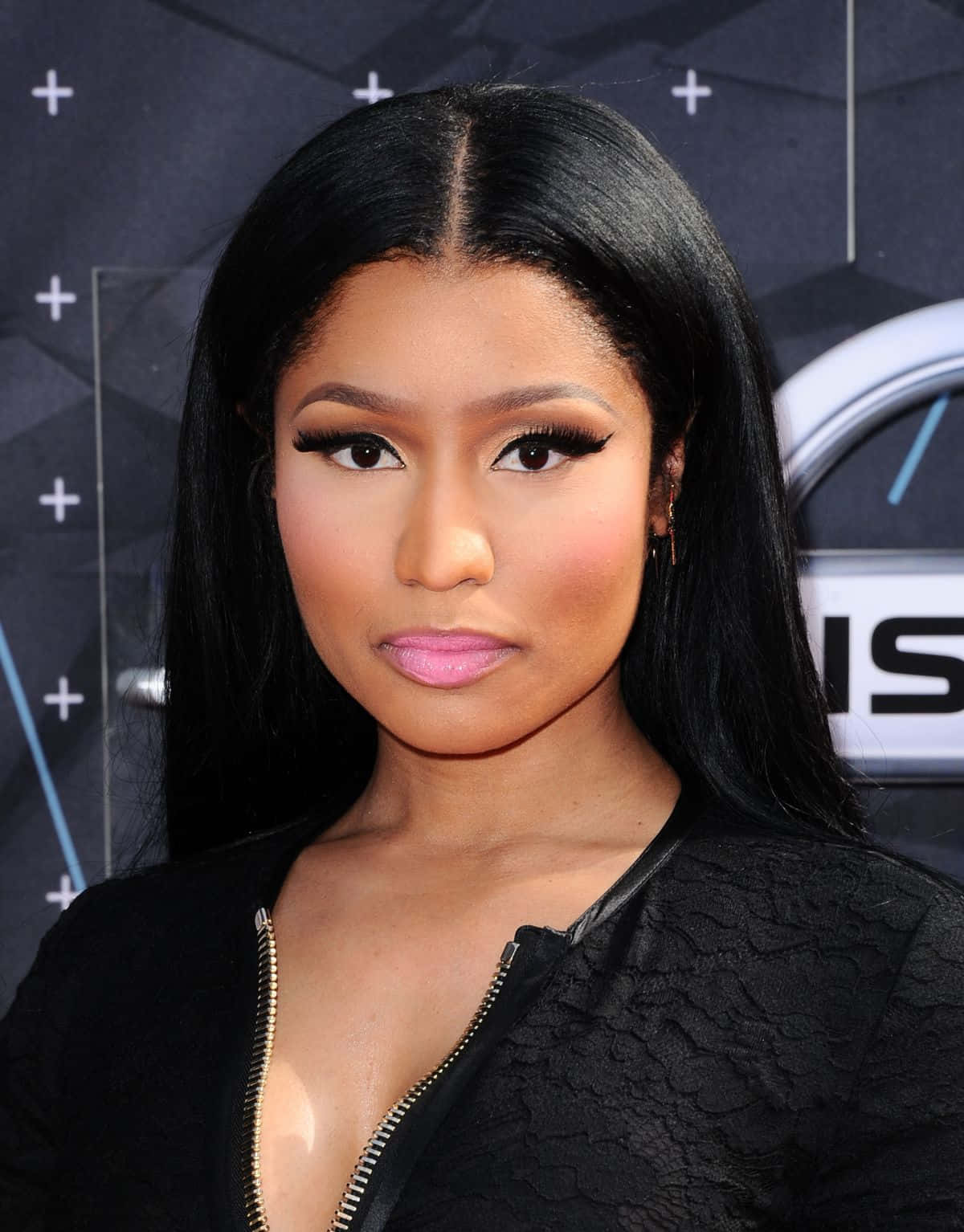
13. **Nicki Minaj (ESPN Magazine)**The world of sports and music collided in February 2014 when superstar Nicki Minaj graced the cover of ESPN magazine’s music issue, an event that unfortunately became less about the collaboration and more about a glaring example of photo editing gone awry. Minaj, ever the outspoken artist, swiftly took to Instagram, not just once, but twice, to express her sheer disbelief and disappointment over the extent and poor execution of the Photoshopping.
Her initial critique was both precise and relatable, as she posted a side-by-side comparison of the retouched and unretouched photos. With a touch of characteristic wit, she pointed out a particularly odd alteration, writing, “I love my personal unretouched photos where my forehead doesn’t mysteriously grow in length.” This comment resonated with many, underscoring how often retouching can lead to unnatural and even distorted appearances rather than enhanced beauty, frustrating both the subject and the discerning public.
Minaj’s second Instagram post, featuring the official cover, was captioned simply and powerfully: “When retouching goes wrong.” Her public outcry served as a critical spotlight on the ongoing battle for authentic representation, particularly in an industry that frequently defaults to excessive digital manipulation. Despite her clear displeasure, ESPN magazine never issued a public response to the incident, highlighting the persistent challenges celebrities face in controlling their visual narratives and pushing for greater transparency in media production.
**The Unfolding Narrative of Authenticity**
As we journey through these powerful instances of celebrities challenging the often-deceptive world of magazine covers, a clear and inspiring narrative emerges: the relentless pursuit of an unattainable “flawless” image is slowly but surely giving way to a more empowering embrace of authenticity. From Kerry Washington’s call for genuine self-reflection to Lady Gaga’s demand for cultural change on covers, and Coco Rocha’s firm stance on contractual integrity, these influential figures are not just calling out individual instances of manipulation; they are collectively reshaping the conversation around beauty, self-worth, and media ethics.
This movement isn’t just about celebrity grievances; it’s about fostering greater media literacy for all of us. When stars like Kim Kardashian, Jennifer Lawrence, and Kourtney Kardashian openly discuss the pervasive nature of Photoshop, they empower their vast audiences to look at every glossy image with a critical, informed eye. They are reminding us that what we see on magazine stands or social media feeds is often a meticulously constructed illusion, not a reflection of real life, real bodies, or real beauty.
The persistent industry practices that favor digital enhancement over genuine representation are facing unprecedented scrutiny, fueled by both celebrity advocacy and technological advancements like AI detectors. This collective pushback is driving a vital shift towards a culture that values individuality, celebrates natural beauty in all its forms, and champions self-acceptance. Ultimately, these bold stands are paving the way for a future where magazine covers might truly reflect the diverse, authentic, and beautifully imperfect world we live in, inspiring us all to feel flawless just as we are.


